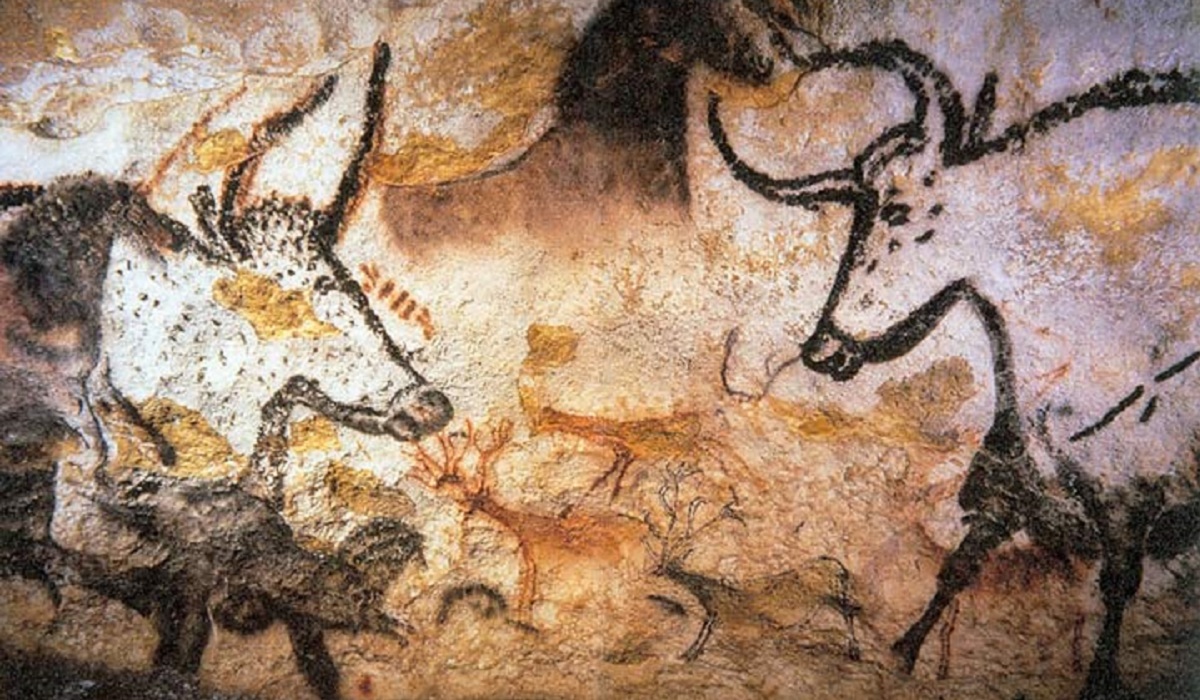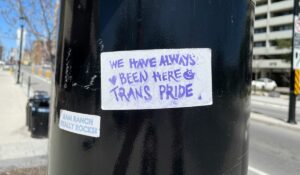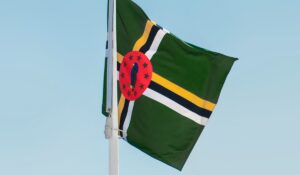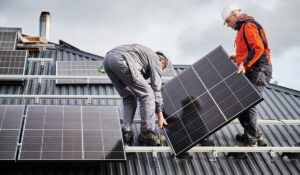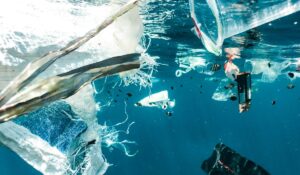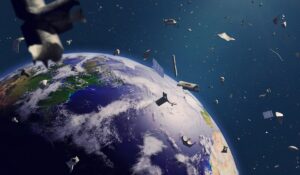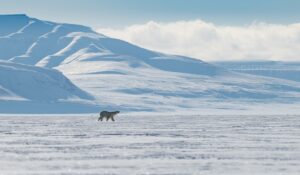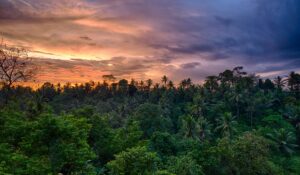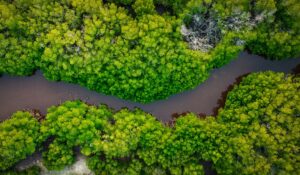The world’s largest database of good news and social change milestones from throughout human history
We are building the world’s largest database of social change milestones, from the first fire to today’s good news. Change is not only possible, it has happened consistently throughout human history. Filter by era, country, topic, actor, source, and more.
4614
change milestones archived
Filters
Search
Era
- Tomorrow (2025 C.E. - ???)
- Today (2017 C.E. - 2024 C.E.)
- Post-modernity (1945 - 2016 C.E.)
- Modernity (1500 - 1945 C.E.)
- Post-classical (500 - 1500 C.E.)
- Civilization (3000 B.C.E. - 500 C.E.)
- Agriculture (10000 - 3000 B.C.E.)
- Prehistory (250000 - 10000 B.C.E.)
Years
Topic
Country
Actor
Filters
Search
Era
- Tomorrow (2025 C.E. - ???)
- Today (2017 C.E. - 2024 C.E.)
- Post-modernity (1945 - 2016 C.E.)
- Modernity (1500 - 1945 C.E.)
- Post-classical (500 - 1500 C.E.)
- Civilization (3000 B.C.E. - 500 C.E.)
- Agriculture (10000 - 3000 B.C.E.)
- Prehistory (250000 - 10000 B.C.E.)
Year
Topics
Region
Countries
State/Province
Institution
Sources
-
2024 C.E. April 26
Democratic Republic of the Congo plants more than 800 million trees between 2019 and 2023
Ten percent of the world’s tropical forests are found in the DRC. But the FAO estimates the DRC is losing 1.2 million acres of forest every year. To help address this, a Congolese government program aspired to plant 1 billion trees between 2019 and 2023, aiming to strengthen climate resilience, alleviate poverty and protect biodiversity, and achieved 90% of their goal.
-
2024 C.E. April 24
Maine becomes trans sanctuary state
Despite violent threats from the religious right and MAGA extremists, Maine Gov. Janet Mills (D) has signed a new law that makes the state a sanctuary state for transgender people, abortion providers, and patients. The new law provides “protections to persons who seek, health care practitioners who provide and those who assist health care practitioners in providing gender-affirming health care services and reproductive health care services” that are legal in Maine.
-
2024 C.E. April 24
Dominica’s High Court ends the country’s ban on being gay in historic ruling
The High Court of Dominica, an island nation in the Caribbean, has overturned a colonial-era law banning same-sex relations between consenting adults after a gay man filed a lawsuit claiming the ban was unconstitutional. The ruling stated that the constitution guarantees that a person shall not be hindered in the enjoyment of his right to assemble and freely associate with other persons and that this “must necessarily include the freedom to enter into and maintain intimate relationships without undue intrusion by the State.”
-
2024 C.E. April 22
U.S. President Joe Biden announces $7 billion in federal solar power grants
President Biden marked Earth Day by announcing $7 billion in federal grants for residential solar projects serving 900,000-plus households in low- and middle-income communities. The projects are expected to eventually reduce emissions by the equivalent of 30 million metric tons of carbon dioxide and save households $350 million annually, according to senior administration officials.
-
2024 C.E. April 22
Plastic-choked rivers in Ecuador are being cleared with conveyor belts
Created by the tech start-up Ichthion, the Azure system's simple design has the capacity to stop and collect around 80 tonnes of plastic per day. The Azure system is a boom device that stretches across the river to stop objects floating on the surface. It extends down 60cm (2ft) into the water, allowing fish and other organisms to move freely below, and is placed at an angle allowing the natural water flow to direct all debris into one corner of the riverbank.
-
2024 C.E. April 22
‘NATURE’ becomes an official streaming artist to raise millions for conservation
Through the new “Sounds Right” project, ‘NATURE’ itself is registered as a streaming artist on major services like Spotify and Apple Music. This allows the Earth’s audio cameos to bring in money for protecting the environment worldwide. Streaming royalties earned by ‘NATURE’ will be collected by the EarthPercent conservation nonprofit, which hosts the Sounds Right Conservation Fund. The money will go to rights-based projects that focus on the world’s most biodiverse and threatened regions.
-
2024 C.E. April 22
India aims to achieve debris-free space missions by 2030
Low Earth orbit is littered with about 30,000 objects larger than a softball and millions smaller than a centimeter, which circle Earth at speeds reaching 10 times that of a bullet. A bombshell study last October found unexpectedly high amounts of vaporized metals polluting Earth's stratosphere, which is home to the fragile ozone layer, whose chemical makeup can be altered by satellite material. Another study posted to the preprint server arXiv last December suggested that debris from burning satellites could in some ways be messing with our planet's magnetic field.
-
2024 C.E. April 19
Biden limits oil drilling across 13 million acres of Alaskan Arctic
Future oil and gas drilling will be limited across more than 13 million acres of the National Petroleum Reserve-Alaska, the nation’s largest expanse of public land, under a sweeping Biden administration plan aimed at protecting sensitive ecosystems and wildlife. In a separate move, the Department of the Interior has announced that it will block a controversial road crucial to operating a planned copper and zinc mine in northern Alaska, saying it would threaten Indigenous communities and fragment wildlife habitat.
-
2024 C.E. April 19
Brazil’s President Lula creates two new Indigenous territories, bringing total to 10
The Cacique Fontoura reserve will be in Mato Grosso state and the Aldeia Velha territory will be in Bahia state. They will cover a combined total area of almost 132 square miles. Speaking at a ceremony in Brasilia, Lula’s said Indigenous peoples should be patient as he seeks to fulfill his pledge of creating 14 new territories.
-
2024 C.E. April 19
Brazil boosts protection of Amazon mangroves with new reserves in Pará state
Brazil’s Pará state has now protected almost all of its Amazonian coastline after establishing two new conservation units that make up the world’s largest and most conserved belt of mangroves. The environmental victory came after President Luiz Inácio Lula da Silva signed the decree for the two reserves on March 21, placing an additional 184,600 acres of mangrove ecosystems under federal protection.
-
 2024 C.E. April 26
2024 C.E. April 26Democratic Republic of the Congo plants more than 800 million trees between 2019 and 2023
Ten percent of the world’s tropical forests are found in the DRC. But the FAO estimates the DRC is losing 1.2 million acres of forest every year. To help address this, a Congolese government program aspired to plant 1 billion trees between 2019 and 2023, aiming to strengthen climate resilience, alleviate poverty and protect biodiversity, and achieved 90% of their goal.
-
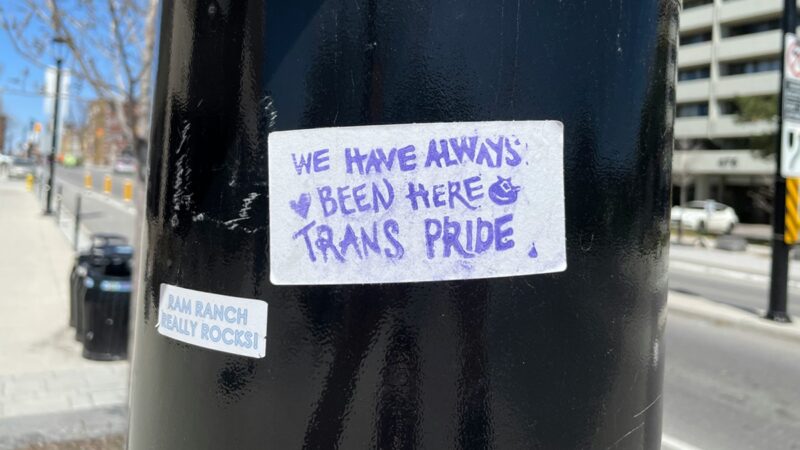 2024 C.E. April 24
2024 C.E. April 24Maine becomes trans sanctuary state
Despite violent threats from the religious right and MAGA extremists, Maine Gov. Janet Mills (D) has signed a new law that makes the state a sanctuary state for transgender people, abortion providers, and patients. The new law provides “protections to persons who seek, health care practitioners who provide and those who assist health care practitioners in providing gender-affirming health care services and reproductive health care services” that are legal in Maine.
-
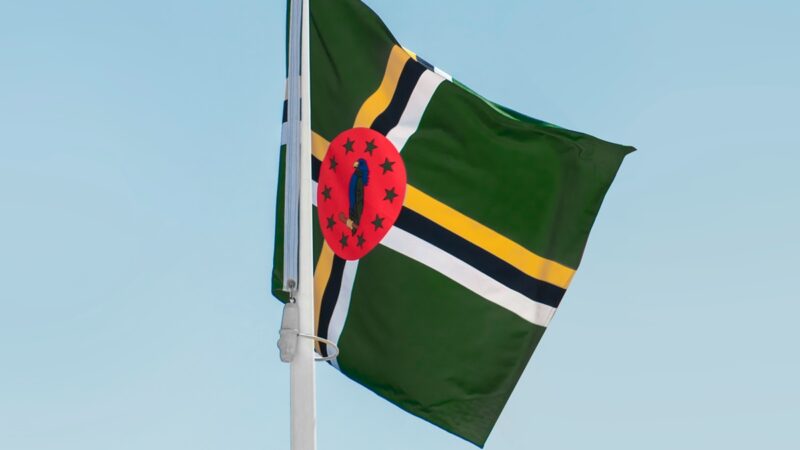 2024 C.E. April 24
2024 C.E. April 24Dominica’s High Court ends the country’s ban on being gay in historic ruling
The High Court of Dominica, an island nation in the Caribbean, has overturned a colonial-era law banning same-sex relations between consenting adults after a gay man filed a lawsuit claiming the ban was unconstitutional. The ruling stated that the constitution guarantees that a person shall not be hindered in the enjoyment of his right to assemble and freely associate with other persons and that this “must necessarily include the freedom to enter into and maintain intimate relationships without undue intrusion by the State.”
-
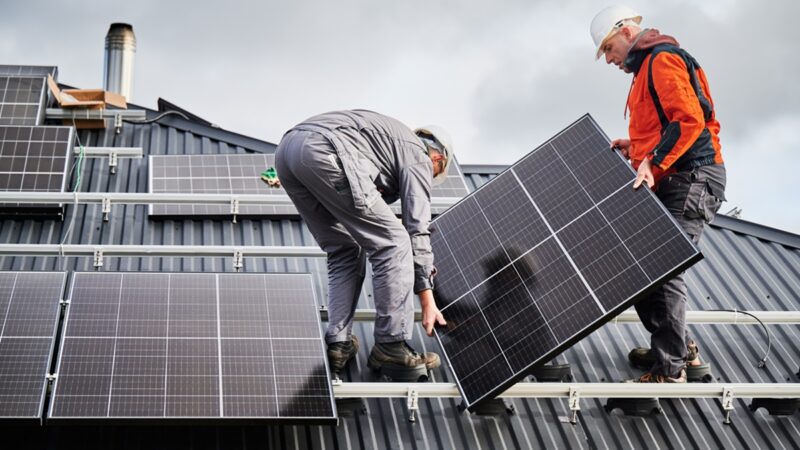 2024 C.E. April 22
2024 C.E. April 22U.S. President Joe Biden announces $7 billion in federal solar power grants
President Biden marked Earth Day by announcing $7 billion in federal grants for residential solar projects serving 900,000-plus households in low- and middle-income communities. The projects are expected to eventually reduce emissions by the equivalent of 30 million metric tons of carbon dioxide and save households $350 million annually, according to senior administration officials.
-
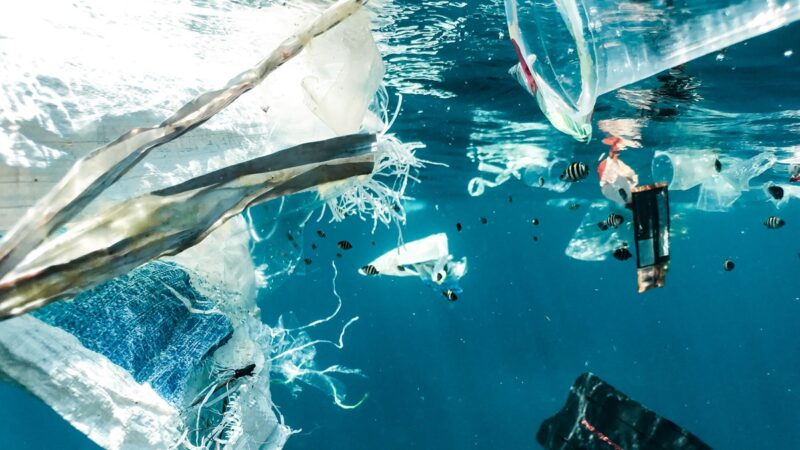 2024 C.E. April 22
2024 C.E. April 22Plastic-choked rivers in Ecuador are being cleared with conveyor belts
Created by the tech start-up Ichthion, the Azure system's simple design has the capacity to stop and collect around 80 tonnes of plastic per day. The Azure system is a boom device that stretches across the river to stop objects floating on the surface. It extends down 60cm (2ft) into the water, allowing fish and other organisms to move freely below, and is placed at an angle allowing the natural water flow to direct all debris into one corner of the riverbank.
-
 2024 C.E. April 22
2024 C.E. April 22‘NATURE’ becomes an official streaming artist to raise millions for conservation
Through the new “Sounds Right” project, ‘NATURE’ itself is registered as a streaming artist on major services like Spotify and Apple Music. This allows the Earth’s audio cameos to bring in money for protecting the environment worldwide. Streaming royalties earned by ‘NATURE’ will be collected by the EarthPercent conservation nonprofit, which hosts the Sounds Right Conservation Fund. The money will go to rights-based projects that focus on the world’s most biodiverse and threatened regions.
-
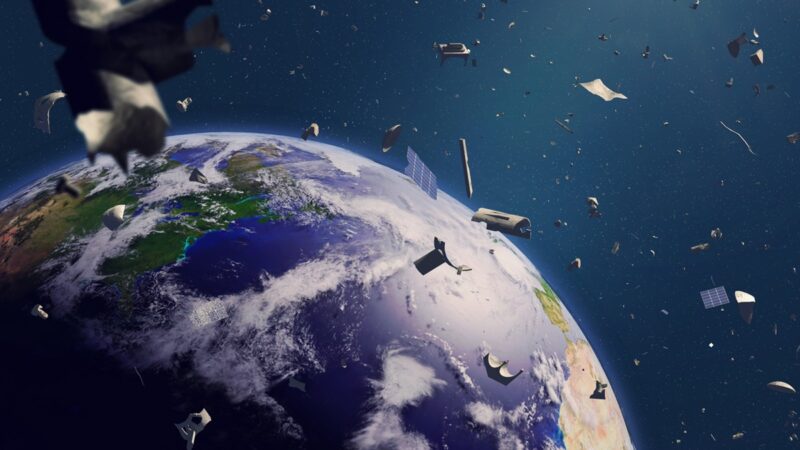 2024 C.E. April 22
2024 C.E. April 22India aims to achieve debris-free space missions by 2030
Low Earth orbit is littered with about 30,000 objects larger than a softball and millions smaller than a centimeter, which circle Earth at speeds reaching 10 times that of a bullet. A bombshell study last October found unexpectedly high amounts of vaporized metals polluting Earth's stratosphere, which is home to the fragile ozone layer, whose chemical makeup can be altered by satellite material. Another study posted to the preprint server arXiv last December suggested that debris from burning satellites could in some ways be messing with our planet's magnetic field.
-
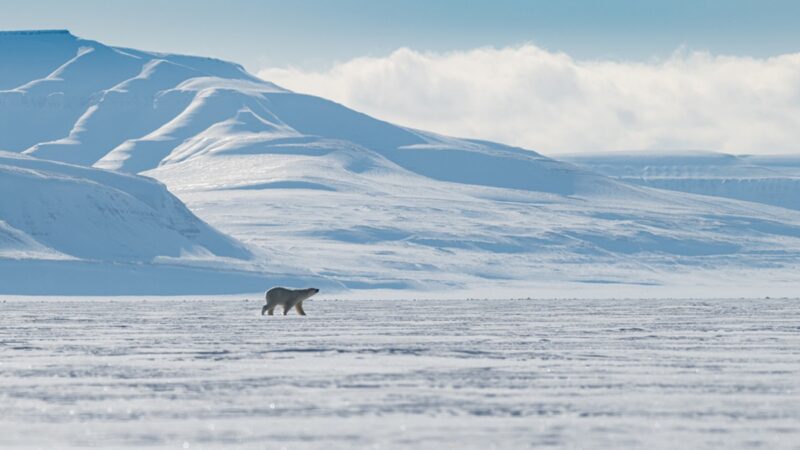 2024 C.E. April 19
2024 C.E. April 19Biden limits oil drilling across 13 million acres of Alaskan Arctic
Future oil and gas drilling will be limited across more than 13 million acres of the National Petroleum Reserve-Alaska, the nation’s largest expanse of public land, under a sweeping Biden administration plan aimed at protecting sensitive ecosystems and wildlife. In a separate move, the Department of the Interior has announced that it will block a controversial road crucial to operating a planned copper and zinc mine in northern Alaska, saying it would threaten Indigenous communities and fragment wildlife habitat.
-
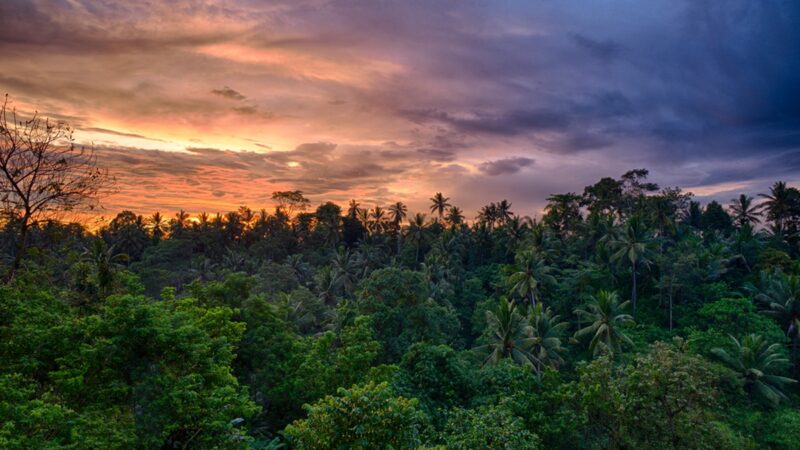 2024 C.E. April 19
2024 C.E. April 19Brazil’s President Lula creates two new Indigenous territories, bringing total to 10
The Cacique Fontoura reserve will be in Mato Grosso state and the Aldeia Velha territory will be in Bahia state. They will cover a combined total area of almost 132 square miles. Speaking at a ceremony in Brasilia, Lula’s said Indigenous peoples should be patient as he seeks to fulfill his pledge of creating 14 new territories.
-
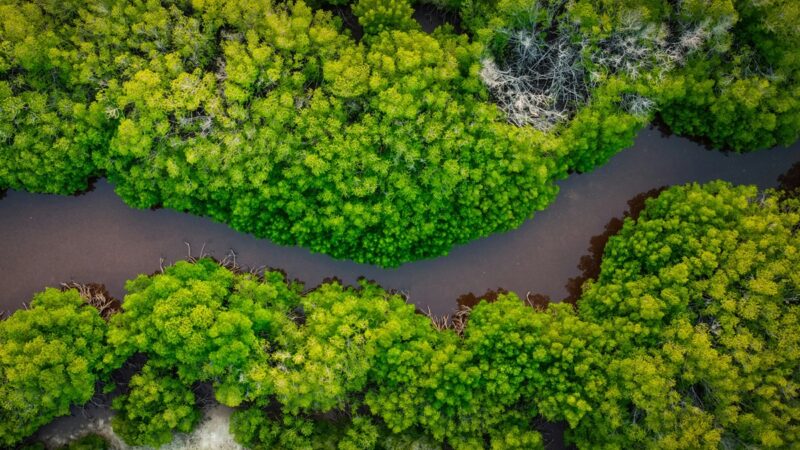 2024 C.E. April 19
2024 C.E. April 19Brazil boosts protection of Amazon mangroves with new reserves in Pará state
Brazil’s Pará state has now protected almost all of its Amazonian coastline after establishing two new conservation units that make up the world’s largest and most conserved belt of mangroves. The environmental victory came after President Luiz Inácio Lula da Silva signed the decree for the two reserves on March 21, placing an additional 184,600 acres of mangrove ecosystems under federal protection.
